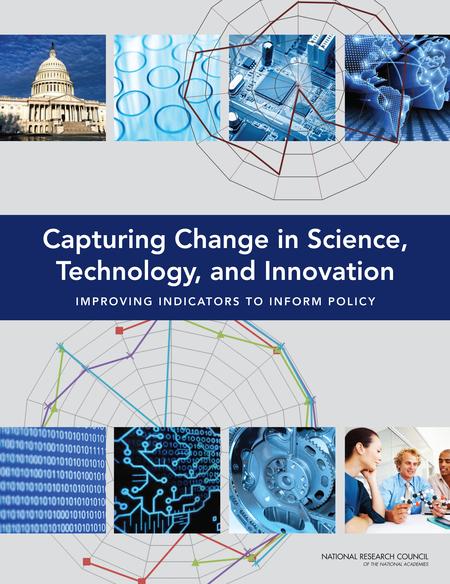The head of the World Health Organization has warned member countries that the UN’s global health body is being “set up to fail” without a “paradigm shift” in the way that it is funded and supported.
In stark language delivered to the WHO’s executive board, the organisation’s director general, Tedros Adhanom Ghebreyesus, said that the coronavirus pandemic, which has claimed more than 5.5 million lives, had underlined the need to strengthen health systems as well as pandemic preparedness plans.
Addressing the specific issue of Covid-19, Tedros also cautioned that conditions remained ideal for more variants to emerge. He said it was dangerous for countries to assume Omicron is the last variant or that “we are in the endgame”.
“There are different scenarios for how the pandemic could play out and how the acute phase could end,” he said.
“But it’s dangerous to assume that Omicron will be the last variant or that we are in the endgame,” he added. “On the contrary, globally, the conditions are ideal for more variants to emerge.”
He insisted, however, that “we can end Covid-19 as a global health emergency, and we can do it this year,” by reaching goals such as the WHO’s target to vaccinate 70% of the population of each country by the middle of this year, with a focus on people who are at the highest risk of Covid-19.
“It’s true that we will be living with Covid for the foreseeable future and that we will need to learn to manage it through a sustained and integrated system for acute respiratory diseases” to help prepare for future pandemics, he said.
“But learning to live with Covid cannot mean that we give this virus a free ride. It cannot mean that we accept almost 50,000 deaths a week from a preventable and treatable disease.”
In wide-ranging remarks on Monday, Tedros told members: “Covid-19 has proven that health is not just a national issue; it’s an international issue. The scale of challenges we face is immense, and is reflected by the breadth of your agenda this week.”

Supporters say the WHO’s reliance on voluntary funding from member states and charities forces it to focus on priorities set by funders, and makes it less able to criticise members when things go wrong. A proposal by the WHO’s working group on sustainable financing calls for members’ mandatory contributions t
o rise gradually to account for half the agency’s $2bn core budget by 2028, from less than 20% now.“For far too long, health has been compartmentalised and deprioritised, nationally and internationally. It’s time to recognise that if we fail to invest in health, we fail to invest in the future,” Tedros said.
Addressing long-term concerns over the performance of the organisation, Tedros said that members were within their rights to expect higher standards from the organisation, including “enhanced governance, efficiency, accountability and transparency”, saying that included “zero tolerance for sexual exploitation, abuse and harassment”.
The reference to sexual abuse appears to be a reference to a damning report last year that found that 21 employees working for the UN global health body were among perpetrators of serious sexual abuses during the Ebola crisis in the Democratic Republic of the Congo.
The comments appeared directed at concerns – some of them politically motivated and levelled in particular by the former Trump administration, which withdrew from the WHO – around the WHO’s initial response to the coronavirus pandemic and research into its origins.
Underling the continuing scale of the pandemic, Tedros said: “This Sunday marks two years since I declared a public health emergency of international concern – the highest level of alarm under international law – over the spread of Covid-19.
“At the time, there were fewer than 100 cases and no deaths reported outside China. Two years later, almost 350 million cases have been reported, and more than 5.5 million deaths – and we know these numbers are an underestimate.
Returning once again to the issue of vaccine equity, he added: “As it stands, 86 member states across all regions have not been able to reach last year’s target of vaccinating 40% of their populations – and 34 member states, most of them in Africa and the eastern Mediterranean region, have not been able to vaccinate even 10% of their populations.
“Eighty-five percent of the population of Africa is yet to receive a single dose of vaccine. How can this be acceptable to any of us? We simply cannot end the emergency phase of the pandemic unless we bridge this gap.”




